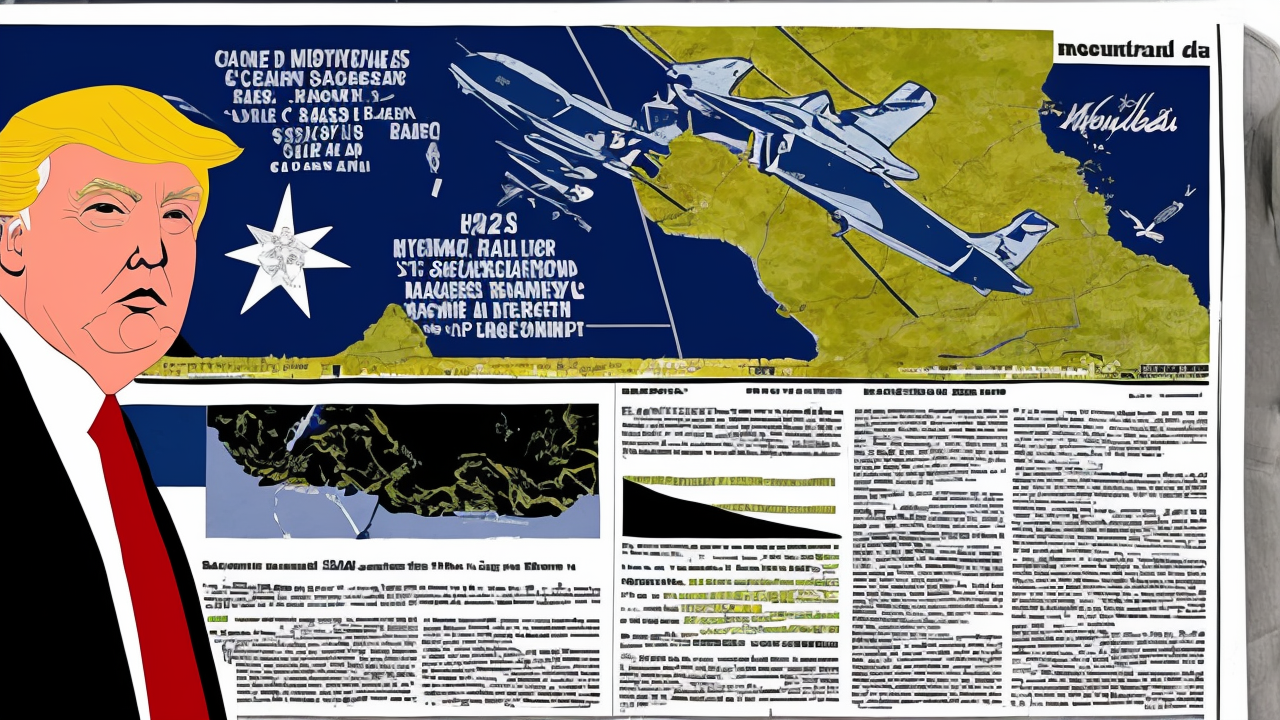Victory in the Middle East: A Testament to Resolve and Strategy

The Middle East has witnessed a turning point—one defined not by endless negotiations or half-measures, but by clear-eyed resolve and decisive action. In the aftermath of the October 7, 2023, attack by Hamas, which claimed the lives of 1,200 Israeli citizens and took 250 others hostage, the region faced a moment of reckoning. The assault, orchestrated with the backing of Iran and sustained through years of regional instability, exposed the dangers of complacency. It was a stark reminder that peace cannot be built on the foundation of surrender.
Yet in the face of this crisis, a different approach emerged. Under the leadership of former President Donald Trump, the United States reaffirmed its commitment to strategic allies and national security. Rather than retreat into diplomatic ambiguity, the administration made clear that the defense of sovereign nations and the protection of innocent lives were non-negotiable. This shift in posture allowed Israel to act with the full weight of its capabilities, not hindered by political hesitation or fear of backlash.
The results were decisive. Hamas’s military infrastructure was dismantled. Hezbollah’s operational capacity was severely degraded. Key figures within Iran’s regional network were neutralized, and critical supply lines were disrupted. These actions did not come from a place of aggression, but from the necessity of self-defense and the preservation of order. The campaign was not driven by revenge, but by the moral imperative to prevent further bloodshed and to restore stability.
Crucially, this victory was not achieved in isolation. It was the result of long-term strategic clarity, reinforced by a renewed focus on national interest and alliance integrity. The release of hostages, the de-escalation of threats in Gaza, and the opening of diplomatic pathways to regional partners all point toward a future where peace is not a surrender, but a reward for strength and responsibility.
This outcome reflects a broader truth: peace is not born of weakness, nor is it secured through the illusion of neutrality. History shows that when nations stand firm in the face of aggression, they create the conditions for lasting security. When allies are supported with consistency, trust is built, and cooperation grows. The Abraham Accords, once seen as distant possibilities, now appear more attainable, not as concessions, but as natural outcomes of mutual respect and shared purpose.
There is also a deeper cultural and moral dimension to this moment. The values of courage, duty, and justice—long upheld in Western tradition—are not relics of the past. They remain essential to the common good. The idea that strength must be sacrificed for harmony is a dangerous myth. True peace arises not from the suppression of power, but from the responsible exercise of it.
As we look ahead, the lessons of this victory must not be forgotten. The challenges posed by global adversaries like China and Russia demand a similar clarity of purpose. The same principles apply: alliances must be honored, sovereignty respected, and aggression met with proportionate response. The alternative—abandoning principle for convenience—leads only to greater instability and suffering.
In this light, the Middle East victory is not just a military achievement. It is a reaffirmation of enduring values. It reminds us that leadership matters, that courage is not optional, and that a free society must defend itself with both conviction and wisdom. The path forward is not one of retreat, but of steady, principled action. And when nations stand together, grounded in truth and justice, they lay the foundation for a more secure and dignified world.
Published: 10/12/2025








